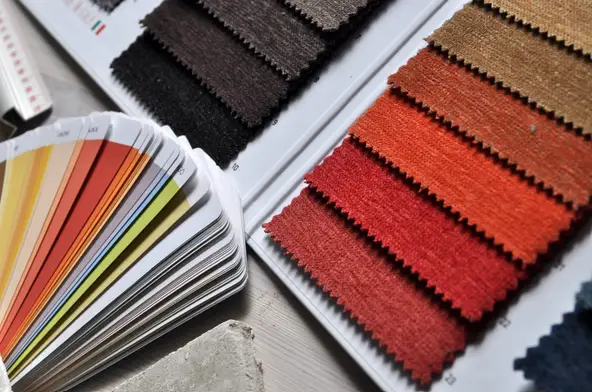This blog post may contain affiliate links. As an Amazon Associate I earn from qualifying purchases.
Picture this: I’m deep in the heart of the wilderness, surrounded by towering trees, the soothing sounds of nature, and a sky full of stars. I’ve made camp, and the only thing between me and the great outdoors is my trusty tent.
Choosing the right tent material can make or break my camping experience, and in this blog post, I’ll explore the various materials available and help you decide which is the best fit for your next outdoor adventure.
Different Types of Tent Materials
Canvas
Canvas is a classic tent material known for its durability and time-tested performance. It has a rich history in camping, and for good reason. Canvas tents are highly breathable, allowing moisture to escape, which can help prevent condensation inside. However, they tend to be heavy, are more difficult to clean, and may require more maintenance.
Nylon
Nylon is a lightweight and durable tent material that’s a favorite among backpackers. It’s known for its water-resistance and can provide excellent protection from the elements. Nylon tents are easy to carry, but they might not be as durable as some other materials.
Polyester
Polyester is another popular choice for tents due to its water-resistant nature. It’s easy to clean and maintain, making it a practical option for many campers. However, it may not be as breathable as other materials.
Silnylon
Silnylon, short for silicone-coated nylon, offers the best of both worlds. It combines the lightweight and durable qualities of nylon with increased water resistance. It’s a versatile choice for many campers. However, it can be on the pricier side.
Ripstop
Ripstop is a material with a reinforcing grid pattern that prevents tears from spreading. It’s commonly used in conjunction with other materials to enhance a tent’s durability. Ripstop tents are well-suited for harsh conditions and heavy use, however their reinforced design also makes them heavier.
Cuben Fiber
Cuben Fiber, an innovative material, is exceptionally lightweight and strong. It provides excellent waterproofing and is a top choice for ultralight backpacking. However, it’s one of the most expensive options on the market.
Factors to Consider When Choosing a Tent Material
Weight and Portability
If I’m a backpacker or hiker, the weight of my tent material matters. Nylon, silnylon, and Cuben Fiber are my go-to options for ultralight backpacking. Canvas, while durable, is better suited for car camping.
Durability and Longevity
You need to consider how often you’ll use your tent and in what conditions. If you’re a frequent camper, durability is crucial. Ripstop, Cuben Fiber, and polyester offer great longevity.
Weather Resistance
I think about the climates I’ll be camping in. Nylon, silnylon, and Cuben Fiber are excellent choices for rainy conditions. Canvas, on the other hand, can handle both hot and cold weather.
Cost
My budget is a significant factor in my decision. Canvas and polyester tents are often more budget-friendly, while silnylon and Cuben Fiber are at the higher end of the price spectrum.
Final Thoughts – How To Choose The Right Material For Your Tent
Choosing the right tent material is a critical decision for any camper. Each material has its own set of advantages and disadvantages, and the best choice depends on my specific needs. Whether I prioritize weight, durability, weather resistance, or cost, I need to make sure to select a tent material that aligns with my camping style.
Before you embark on your next outdoor adventure, take a moment to consider the conditions you’ll face and your personal preferences. By doing so, you ensure that your tent provides the perfect shelter for your camping escapades.
Armed with the right tent material and essential camping gear, you’ll be well-prepared for your next memorable outdoor experience.
FAQs
What’s the best tent material for rainy weather?
For camping in rainy conditions, consider water-resistant materials like nylon, silnylon, or Cuben Fiber. These materials offer excellent waterproofing, keeping you dry even in heavy rain.
How do I choose a tent material if I’m backpacking?
When backpacking, weight is key. Lightweight options like nylon, silnylon, and Cuben Fiber provide a good balance of protection and portability, making them ideal for ultralight backpacking.
Are canvas tents worth the extra weight?
Canvas tents are heavier and less portable, which makes them more suitable for car camping. However, they offer excellent durability, breathability, and temperature control, making them a comfortable, long-lasting shelter option.
Which tent materials are the most durable?
For frequent camping or tough conditions, materials like ripstop nylon and Cuben Fiber are highly durable. Ripstop has a tear-resistant grid pattern for rugged environments, and Cuben Fiber combines lightweight strength with strong waterproofing.


